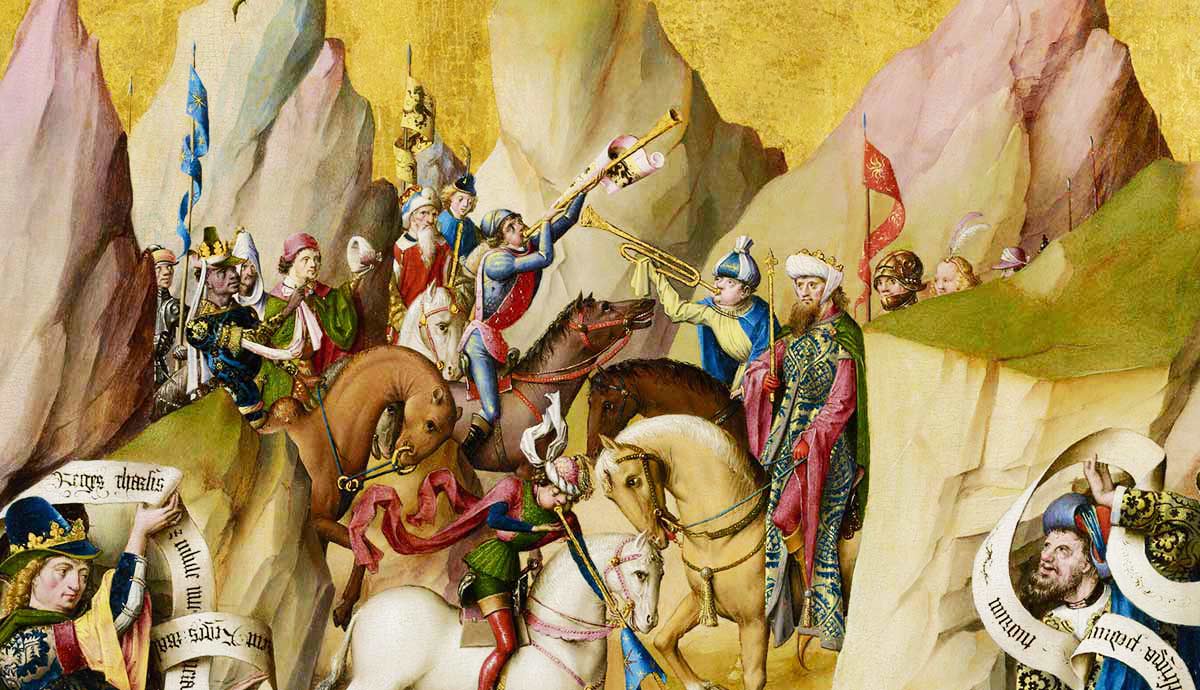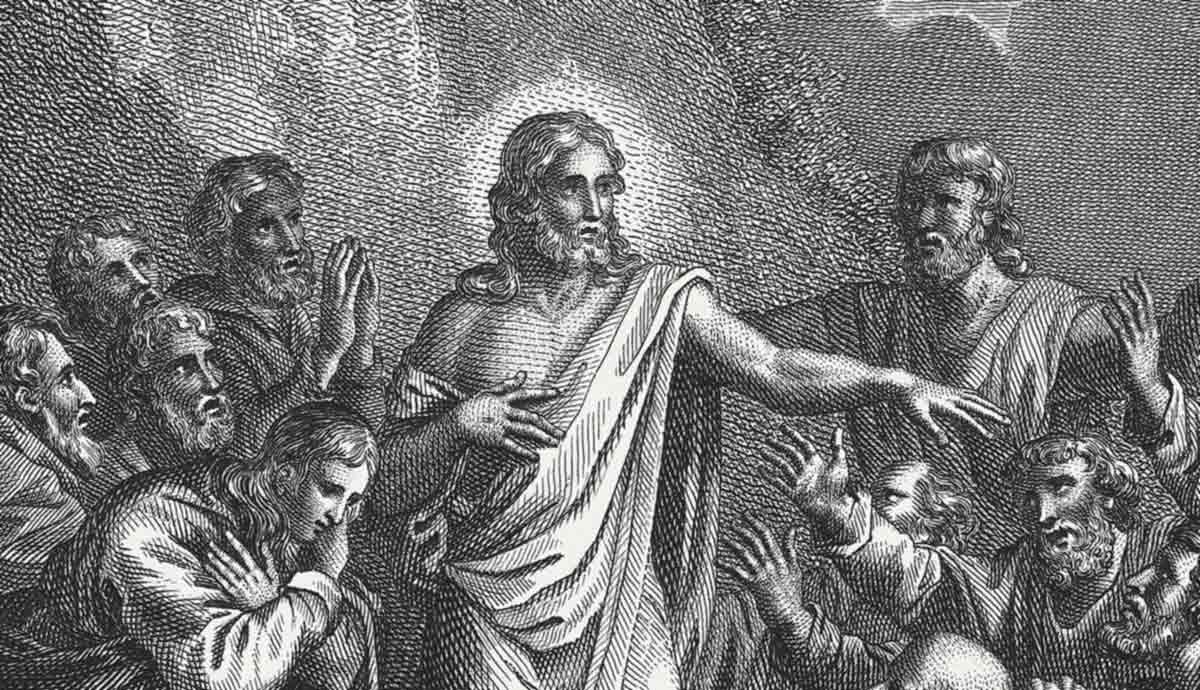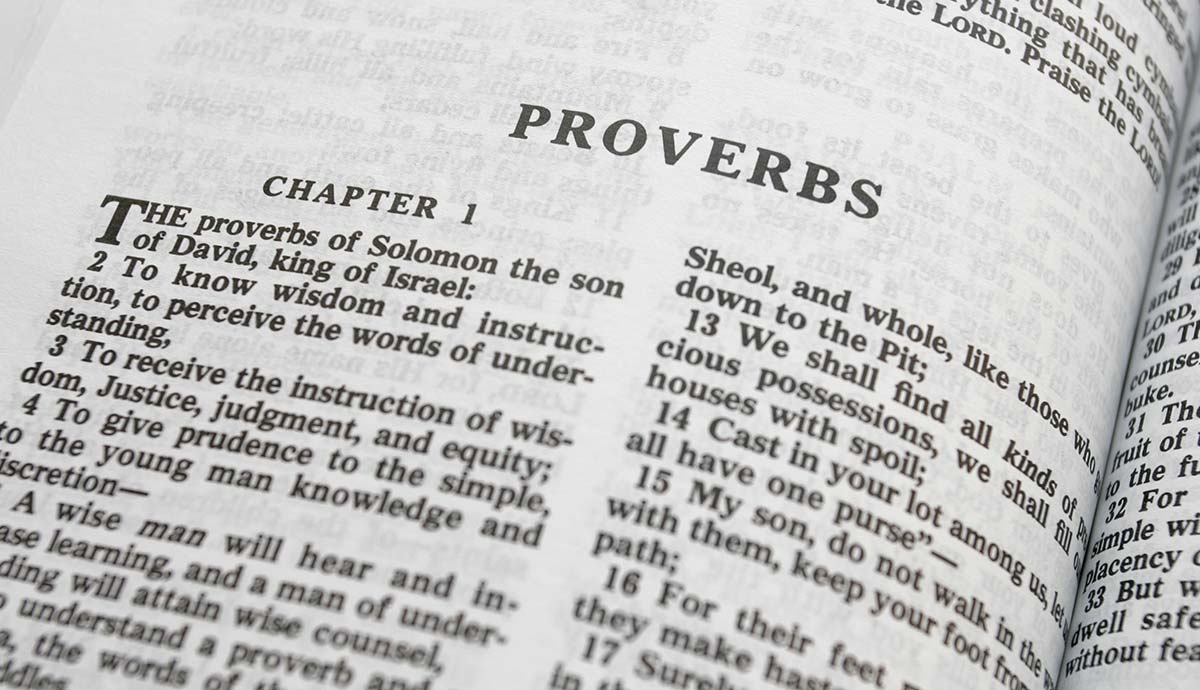
Money, finances, budgets, and struggles with debt are part of the daily life of every person. We organize our lives around money and lie awake thinking about it at night. Unsurprisingly, money is one of the most prominent themes found in the Bible. From God’s provision for the Israelites in the wilderness to Jesus’ teachings about money—the Bible has a lot to say about this topic. This article will explore money in the Bible and give an overview of what it means to have a Biblical view of finances.
Who Is Jehovah Jireh?
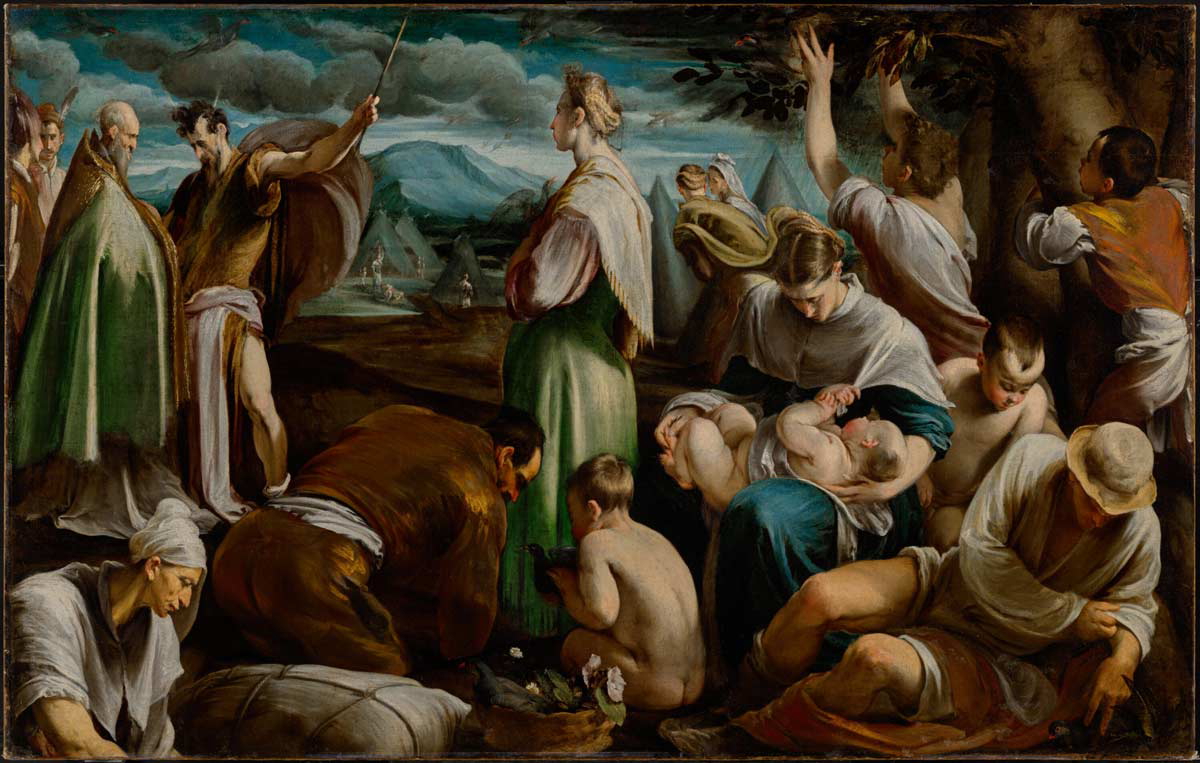
In scripture, God has many names. One of these names is “Jehovah Jireh,” meaning God is the Provider. The Bible begins with sketching the picture of a Creator God who brought the Universe into existence by the words of his mouth (Genesis 1). In perfect fellowship, the first people lived near God and they had everything they needed (Genesis 3). In other words, God provided for their every need.
However, instead of receiving these gifts freely from God, people acted selfishly and greedily. This became a pattern that repeated itself again and again for generations. Frustrated by his creation’s rebellion, God eventually decided to wipe everything out. But before doing so, he scanned the Earth to see if there was anybody good at all. One man, Noah, was found blameless (Genesis 6:8) and he was set apart from the Great Flood so that God’s creation could have a fresh start.
Unfortunately, the people’s greed only increased after the Flood. Despite all odds, God decided to make a covenant with Abraham whereby God would once again provide for them (Genesis 12). It was Abraham who said, “The Lord will Provide” (Jehovah Jireh). Skip forward a few hundred years and the story of Exodus shows how God’s people, the Israelites, had to relearn how to depend on God and receive all their needs from him. In the wilderness, God walks with the people again, like in the beginning. They depend on him for their every need, even bread from the sky, water from a rock, and quails dropping dead at their feet (Exodus 16-17).
This perspective in the Bible shows God as the ultimate provider from the very beginning, which has implications for how money is viewed.
Symbols of Wealth and Riches in the Bible
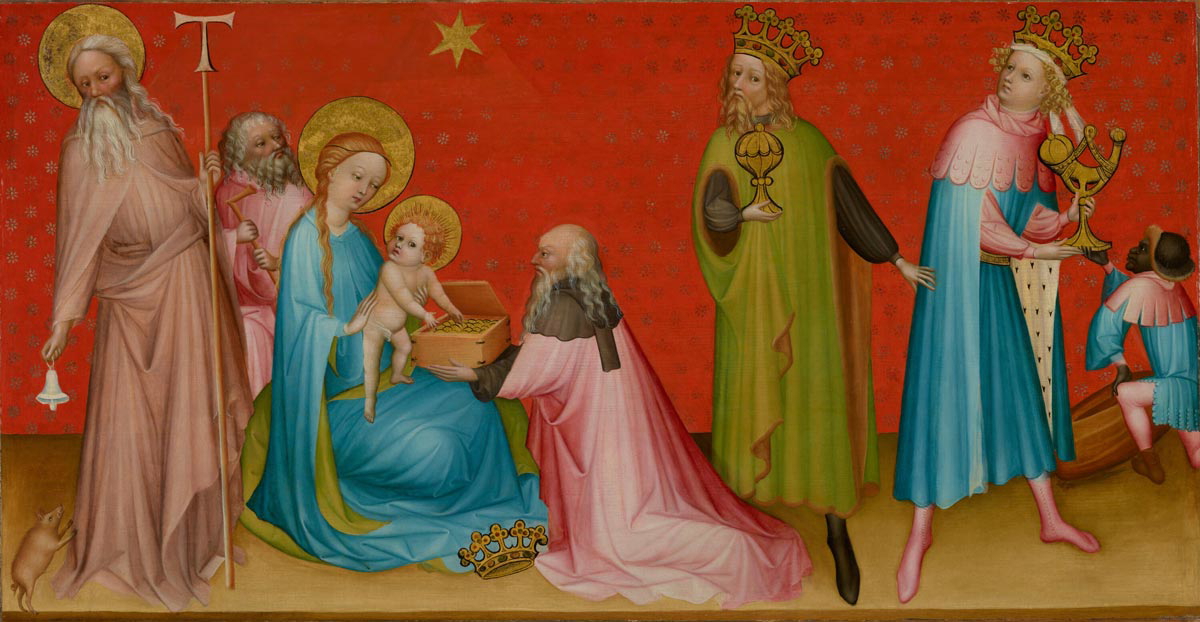
The Bible as a religious text is full of rich symbolism and themes. A modern Christian might do a deep-dive study on all the mentions of something in the Bible: be that olive trees, crowns, or (you guessed it!) money. There are over a hundred Bible verses with the word “money” in them (113 times in the New International Version). That tally does not even include the verses that talk about the “poor” (176 times), “rich” (154 times), “debt” (21 times), and “coin” (10 times).
Even though there is a big focus on money in the Bible, it is not always viewed in a popular light. Take Ecclesiastes 5:10 for instance, “Whoever loves money never has enough.” Hebrews 13:5 affirms this thought when it says “Keep your lives free from the love of money.” Jesus said “You cannot serve both God and money.” (Matthew 6:24). As if these are not direct enough, 1 Timothy 6:10 states “For the love of money is a root of all kinds of evil.”
The Bible also tells its readers how to make and spend their money. Proverbs 13:11 says “Dishonest money dwindles away, but whoever gathers money little by little makes it grow.” 1 Timothy 6:17-18 puts it this way: “Command those who are rich in this present world not to be arrogant nor to put their hope in wealth, which is so uncertain, but to put their hope in God, who richly provides us with everything for our enjoyment. Command them to do good, to be rich in good deeds, and to be generous and willing to share.”
Why Is Money so Important Anyway?

In the book Mere Christianity, C.S. Lewis says: “One of the dangers of having a lot of money is that you may be quite satisfied with the kinds of happiness money can give, and so fail to realize your need for God.” What Lewis is describing here is at the crux of why the Bible even mentions money at all. Money is important in the Bible because it is important in real life. The message of the world (as opposed to the message of God) has always had the same tune: You need to have money in order to meet your needs. It might sound bizarre, but this is what the Bible opposes. According to the Biblical tradition, the creator-God is the only one who can fully meet a person’s needs. Phillip Goodchild wrote that money has become the global religion that’s widely practiced (already in 2007).
A theology of work is closely aligned with a theology of money since we all need to work for money. Philosopher Al Gini defines work as “that which we are compelled to do by some intrinsic or extrinsic force — the need for money, for self-expression, for accomplishment…” However, according to the Bible, work was not initially a punishment.
Before the Fall, when Adam and Eve ate from the forbidden fruit, they already had work. Work in the Bible is not something people have to do in order to earn money; it is something people do because they were called to do it.
Controversial Views the Bible Has About Money
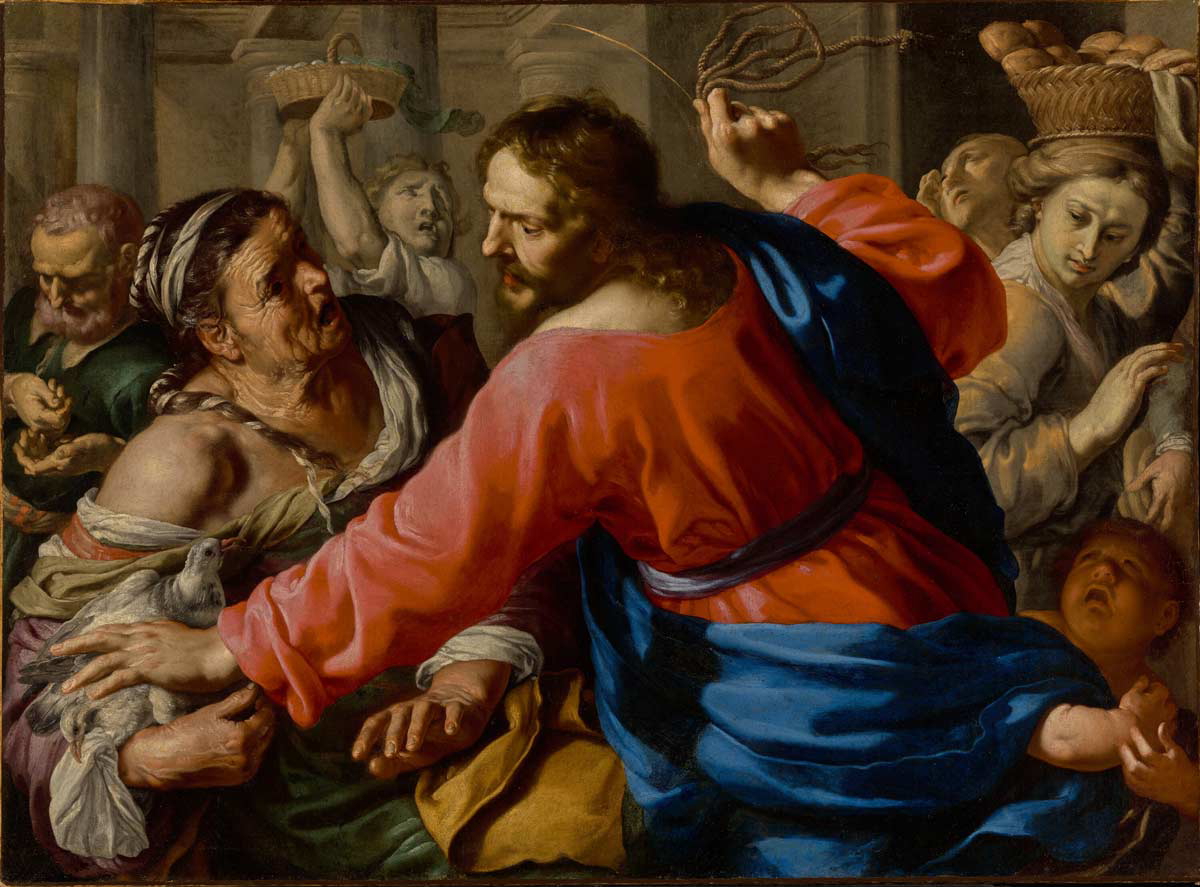
The Bible often does not make a lot of sense the first time you pick it up, because the Bible’s way of doing things is often upside-down. Here are some of the most iconic upside-down statements in the Bible about money:
- “Be content with your pay.” (Luke 3:14)
- “If you lend someone money, do not charge interest.” (Exodus 22:25)
- “If you want to be perfect, go, sell your possessions and give to the poor.” (Matthew 19:21)
- “Better the little that the righteous have than the wealth of many wicked.” (Proverbs 37:16)
- “Let no debt remain outstanding.” (Romans 13:8)
- “But when you give to the needy, do not let your left hand know what your right hand is doing, so that your giving may be in secret.” (Matthew 6:3)
- “There were no needy persons among them. For from time to time those who owned land or houses sold them, brought the money from the sales and put it at the apostles’ feet, and it was distributed to anyone who had need.” (Acts 4:34-35)
What Does a Biblical Money Mindset Look Like?
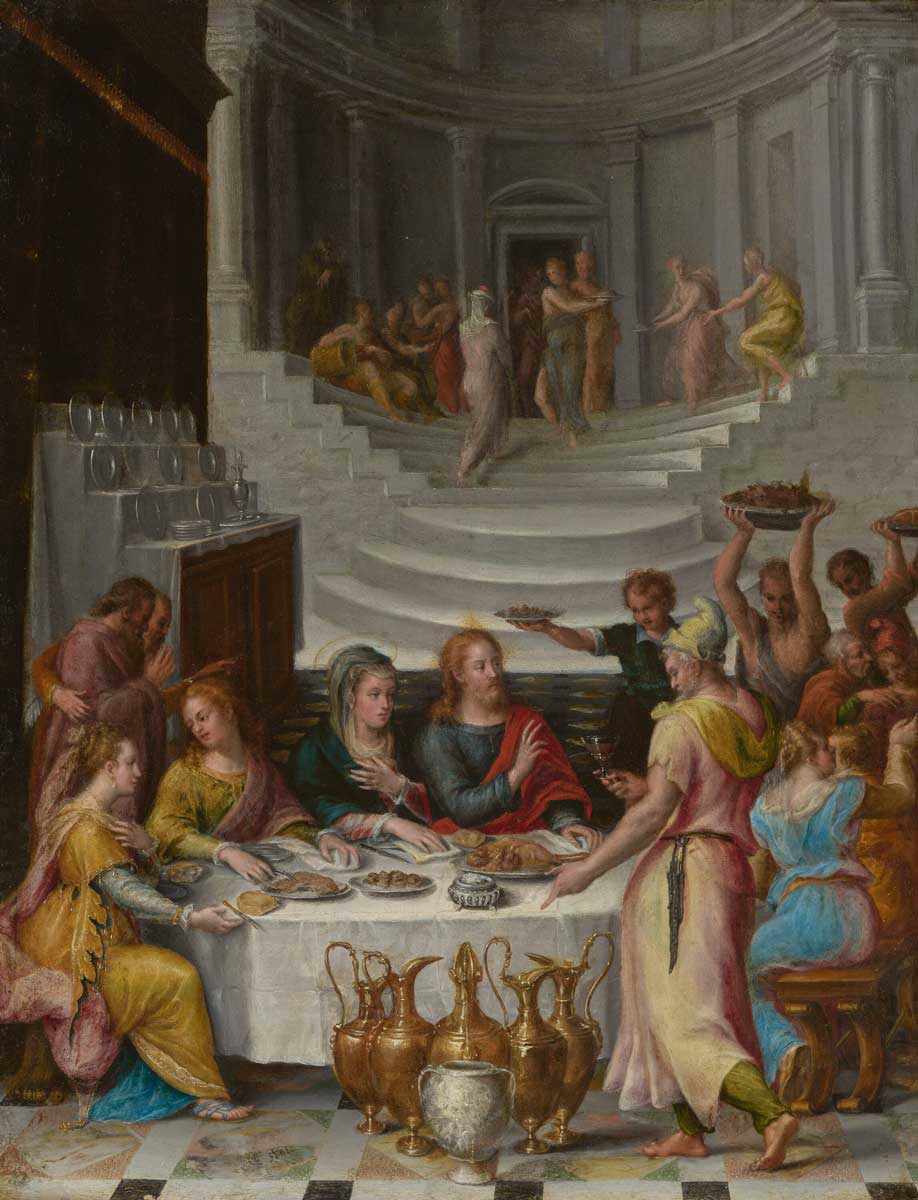
A Biblical mindset around money looks different from that of the world. While the world’s message is hustle and grind, the Bible’s message is rest and receive. When money is taken down from the pedestal or title of “god” in a person’s life, they can address it with more freedom. This realization that money must be seen as a servant instead of a master has been shared by secular thinkers too. Ayn Rand famously said: “Money is only a tool. It will take you wherever you wish, but it will not replace you as the driver.”
A.W. Tozer described it well in The Pursuit of God: “Millions call themselves by His (God’s) name, it is true, and pay some token homage to Him, but a simple test will show how little He is really honored among them. Let the average man be put to the proof on the question of who or what is ABOVE, and his true position will be exposed. Let him be forced into making a choice between God and money, between God and men, between God and personal ambition, God and self, God and human love, and God will take second place every time. Those other things will be exalted above. However the man may protest, the proof is in the choice he makes day after day throughout his life.”


